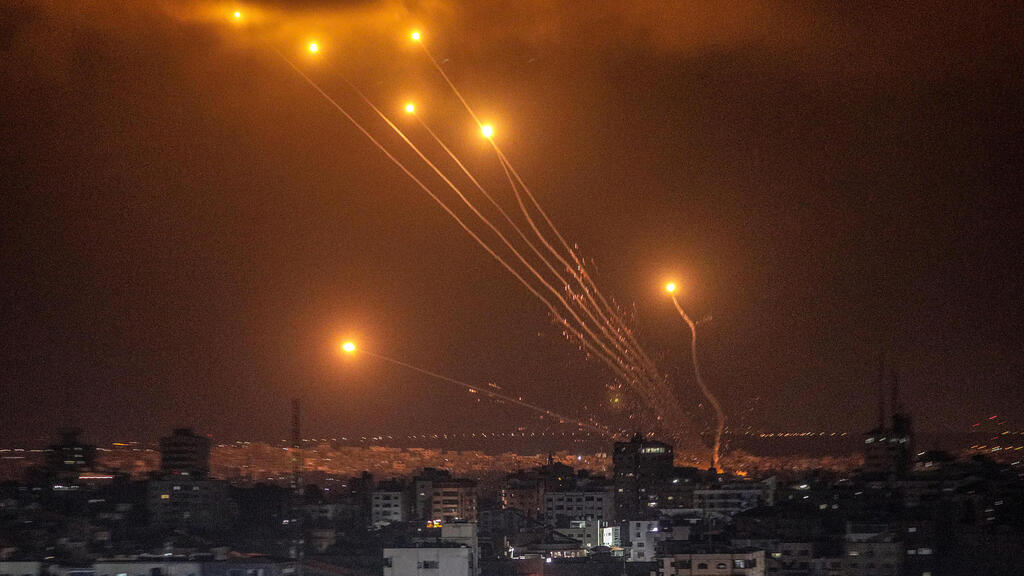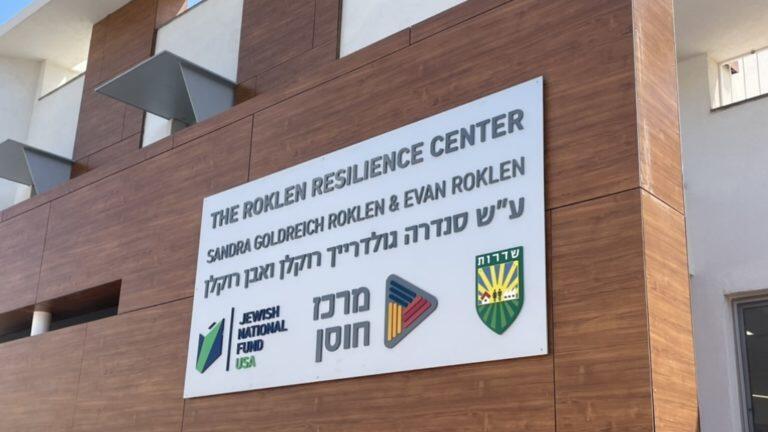Getting your Trinity Audio player ready...
In the quiet, but tense days before Israel's latest military campaign in Gaza, I met a social worker at one of the resilience centers in the south, which offer assistance to locals who are traumatized by the security situation.
I asked her what goes through the minds of the Israelis living near the border with the Palestinian enclave during frequent escalations.
"Imagine an Olympic swimmer in a major competition. He gets on the diving board, his body is tense and ready, he is both excited and afraid, and his muscles cramp up as he waits the signal to start the race, but nothing happens," she said.
"Imagine he is stuck on that diving board for days in a row," she said, adding, "as weird as it may sound, sometimes it's better if something would just happen, so they could release some stress. But to stay in that state for so long is just too much."
The signal was eventually given last Friday and the swimmer finally dove off the board, when Israel killed 10 Islamic Jihad operatives, including the terror group's commander of northern Gaza, Taiseer al-Jabari.
At the beginning of the operation, many families living near the border left their homes, which is not an unusual thing during cross-border fighting rounds. Local authorities tried to paint the evacuation as an "opportunity to freshen up," but you have to admit the truth - it was an escape.
Of course it is better in times like these to leave the area instead of being confined to a bomb shelter, but the process of evacuation involves a lot of tension and stress, and it's projected on the children.
The mental trauma of the latest campaign, dubbed Operation Breaking Dawn, will be known only in the future, as per usual with post trauma. The resilience centers will be flooded with new and old patients, and more Israelis will be integrated into treatment programs. It will be a long time before their minds stabilize through routine and quiet.
It's not a matter of days, weeks, or months. The process can take a whole lifetime. After all, at the end of the treatment process, the advice of therapists is: learn to live with it and lead as normal a life as possible, alongside the PTSD, and focus on the good things that happen in life, while avoiding giving in to fears.
"It is often impossible to repair a scratch on a window glass," said the social worker I spoke to. "This is also true for the souls of Israelis living near the Palestinian enclave, they can't repair their damaged soul, they can only to learn how to live with the mental scars and cope with it as much as possible."
But every IDF operation in the Gaza Strip, which entails rocket barrages fired at the southern communities, deepens the scars on the fragile souls.
Most of the Gaza border community residents are satisfied with the outcome of last week's IDF operation, and the south looks like its back to normal ... for now. Some remedy for the broken soul. With post trauma, you can only learn to live with the pain, it may get less painful with time, but it will never stop hurting.




